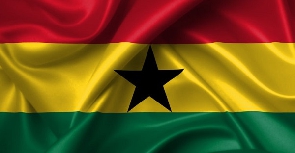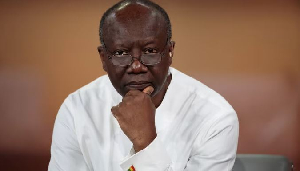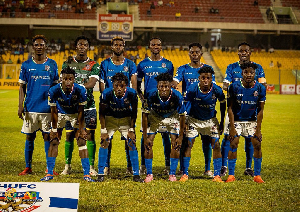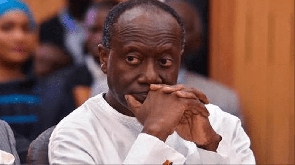As the presidential and parliamentary election date approaches, Ghana finds itself teetering on the precipice of a potential political coup, experts and analysts warn of the grave dangers such a transition poses for the nation's stability and democratic fabric.
Recent events of the NDC presidential primary election and the unqualified and ugly public support of some leadership in the NPP to the vice president, Dr. Mahamudu Bawumia have raised concerns about the troubling trend of replacing military coups with political coups, with historical precedents serving as cautionary tales for the potential fallout.
The prospect of a political coup arises when the democratic principles and institutions that underpin a nation are circumvented or undermined by power-hungry individuals or factions. While the military coups of the past brought their own set of challenges, the transition to political coups can exacerbate the perils, as it allows authoritarian tendencies to cloak themselves in a veneer of legitimacy and exploit democratic processes for their own gains.
One stark example that serves as a somber reminder is the transition from military rule to political coup in neighboring country Nigeria. In the 1980s, a series of military coups plagued the country, causing instability and hindering its development.
However, instead of embracing democratic reforms, power-hungry individuals leveraged the chaos to assume political office, effectively replacing the military junta with a civilian autocracy. The result was a continuation of oppression, corruption, and economic mismanagement, as the nation's democratic aspirations were quashed.
Closer to home, Ghana itself has witnessed the disastrous consequences of military coups in the past and political coups in the recently. General elections were held in Ghana on December 7, 2020, stands as a haunting testament to how a military coup can eventually transform into a political coup if the court had ruled in favour of the NDC following the confession of the current Chairman of the National Democratic Congress (NDC), Johnson Asiedu Nketiah, that their Party (NDC) had lost the 2020 general election on fairgrounds and therefore did not have any cause of action, they still went ahead to deceive their supporters and lie to the Ghanaian people that the election was rigged, and petitioned the Supreme Court under false pretences, portions of the statement read.
Once hailed as a beacon of democracy, Ghana suffered a traumatic setback when the ruling military junta in February 24, 1969 by the National Liberation Council (NLC), initially welcomed for overthrowing a corrupt regime, consolidated its power and transformed into a civilian government in name only. The promises of freedom and progress were shattered as the new regime clung to power, suppressed dissent, and indulged in widespread corruption.
The danger of converting a military coup into a political coup lies in the erosion of democratic values and the subversion of checks and balances. By leveraging the political landscape, power-hungry individuals can manipulate the system, exploit electoral processes, and gradually dismantle the very institutions designed to protect the people's rights and interests.
Ghana's current political climate raises alarming parallels to these historical examples. The growing polarization, weakening of democratic institutions, and rhetoric promoting the concentration of power in the hands of a few are concerning signs. It is crucial for civil society, media, and international actors to remain vigilant and actively safeguard the democratic foundations that Ghana has painstakingly built over the years.
To mitigate the imminent threat, it is imperative for the citizens of Ghana to advocate for transparency, accountability, and a culture of inclusivity. Strengthening democratic institutions, fostering political dialogue, and upholding the rule of law are critical steps to prevent the insidious transformation from a military coup to a political coup.
The journey from a military coup to a political coup is a treacherous one that Ghana must navigate with caution. Learning from the lessons of history and the current happenings in our neighboring countries, Ghana's citizens and leaders have the power to resist the allure of authoritarianism and ensure the preservation of their hard-fought democratic ideals. The path forward lies in embracing true democratic governance, rejecting power grabs, and safeguarding the nation's future from the clutches of political coups.
Opinions of Tuesday, 27 June 2023
Columnist: Thompson Emmanuel Anu















